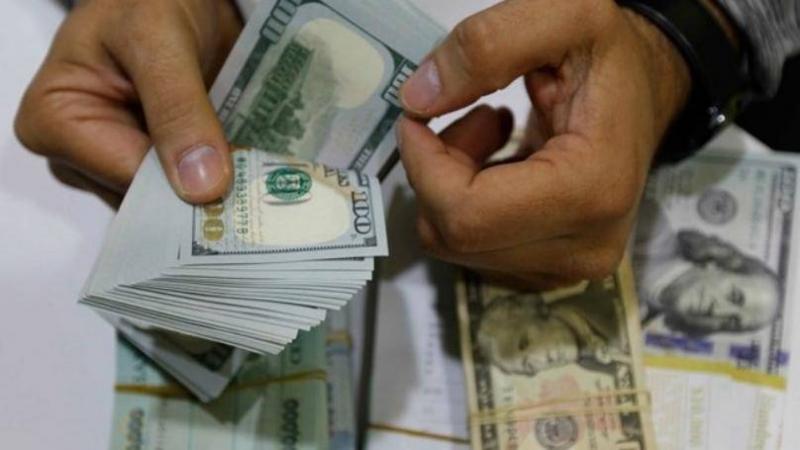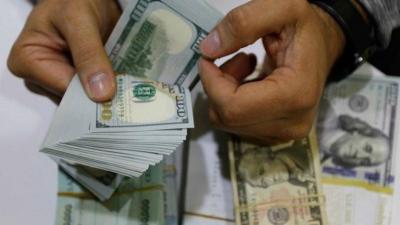Amid the deteriorating situation of the banking sector in Lebanon, if not its collapse, and the decline of the real estate sector, savings options for the Lebanese people have become very limited. Savings here do not only pertain to the wealthy or well-off who often lean towards investing rather than saving, but also include anyone who has managed to set aside a small amount from their weekly or monthly income. How can an individual save some money outside the doors of banks?
Saving money is no longer an easy task in Lebanon, as people's trust in banks has become almost nonexistent, and the cash economy is expanding more and more. Consequently, the majority of families in Lebanon hold whatever cash they can at home, estimated to be in the billions. However, saving cash at home is not without risks, given the rising levels of theft, kidnapping, and financial extortion. This raises the question of what options are available for saving some money with the least amount of risk.
No investment avenue is entirely free of risks, but risks can vary from one field to another. Like investment, saving is also fraught with risks. Although some believe that saving cash, especially in US dollars, may escape risks, the reality is that all forms of saving also carry risks, albeit sometimes more subtle.
Between saving dollars in cash, buying property in Lebanon, or acquiring gold bullion, economic expert Patrick Mardini believes that local savers have few options available to them, making the escape towards cash the best, especially since all indicators in Lebanon currently point to deterioration. He emphasizes in his conversation with "The Cities" that saving cash in dollars is currently the least risky option among other assets despite global inflation and the devaluation of the currency.
On the other hand, stock market expert Jihad Al-Hakim does not support the idea of saving solely in cash; he advises diversification in savings, not just within Lebanon but also abroad, across various assets and sectors. He reminds that there are high returns of around 6% on debt securities belonging to banks and AAA-rated global companies and notes in his discussion with "The Cities" that a cash economy equals poverty, urging Lebanese people to find alternative means to move away from it.
The value of cash stacked in homes has decreased significantly due to high inflation rates worldwide. This is why Al-Hakim believes that diversifying savings options remains safer and less risky than saving purely in cash. Mardini points out that finding a secure savings option is not easy; previously, the first refuge was banks, but that option is no longer available. Meanwhile, the real estate sector has established some stability, but if the national currency continues to collapse and people shy away from real estate purchases, the sector's decline may persist. Especially since the strong demand for real estate at the onset of the crisis was not met with supply, and therefore, property prices are not expected to rise anytime soon, according to Mardini.
Since the beginning of the financial and economic crisis in Lebanon in 2019, there has been a marked increase in the purchase of properties and gold bullion, using bank checks. At that time, it was evident that depositors were seeking to free their deposits from banks with the least possible damage. Today, however, matters have changed as the check market has diminished drastically, and finding a safe haven for savings has become a pressing concern for Lebanese individuals.
All areas of saving entail a certain degree of risk, whether short, medium, or long-term, particularly in Lebanon. However, if we aim to distribute risks and minimize them, saving through real estate, which has significantly dropped in price compared to pre-crisis levels, or gold, which has historically been a safe haven, could be a viable solution, alongside holding cash savings in foreign currencies. In this scenario, savers might avoid losses that could be incurred if the value of any asset they resorted to deteriorates.
Two considerations must be kept in mind: First, saving in gold depends on the type of possessions. The safest form of saving among types of gold remains the Lebanese gold coins, where the potential loss upon selling them may not exceed $10, while losses for Swiss francs could reach $40. The second consideration relates to real estate, where investable property remains one of the better assets compared to non-investable property.




